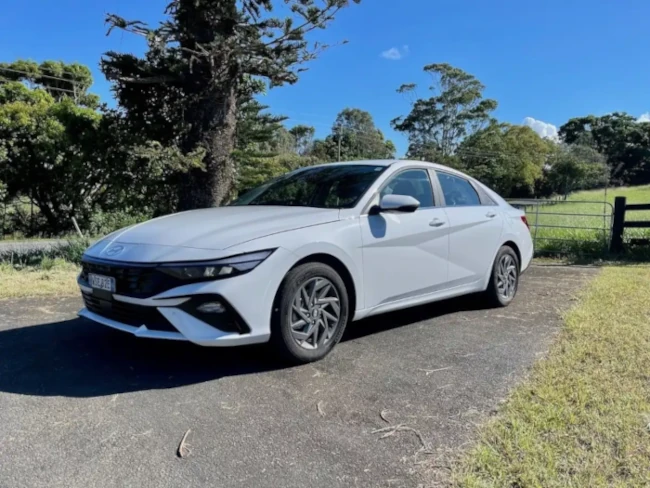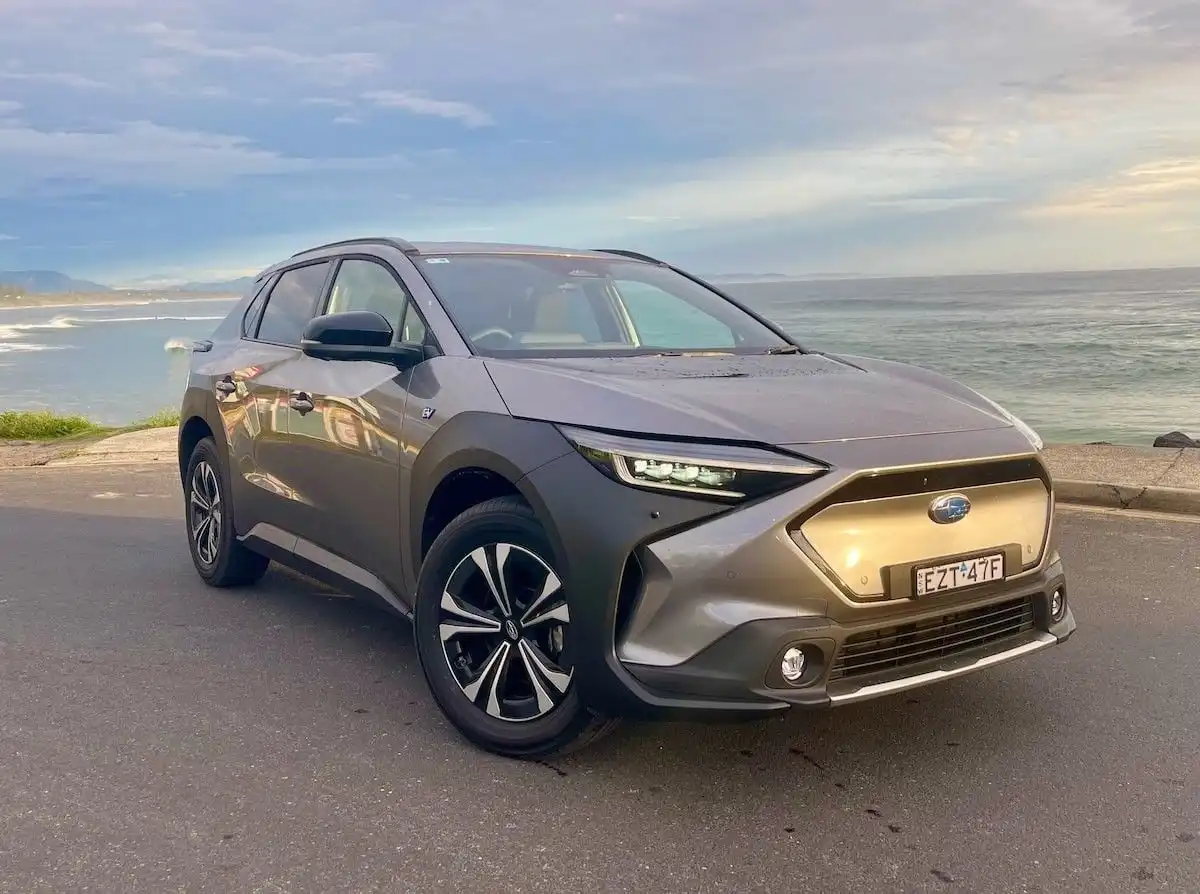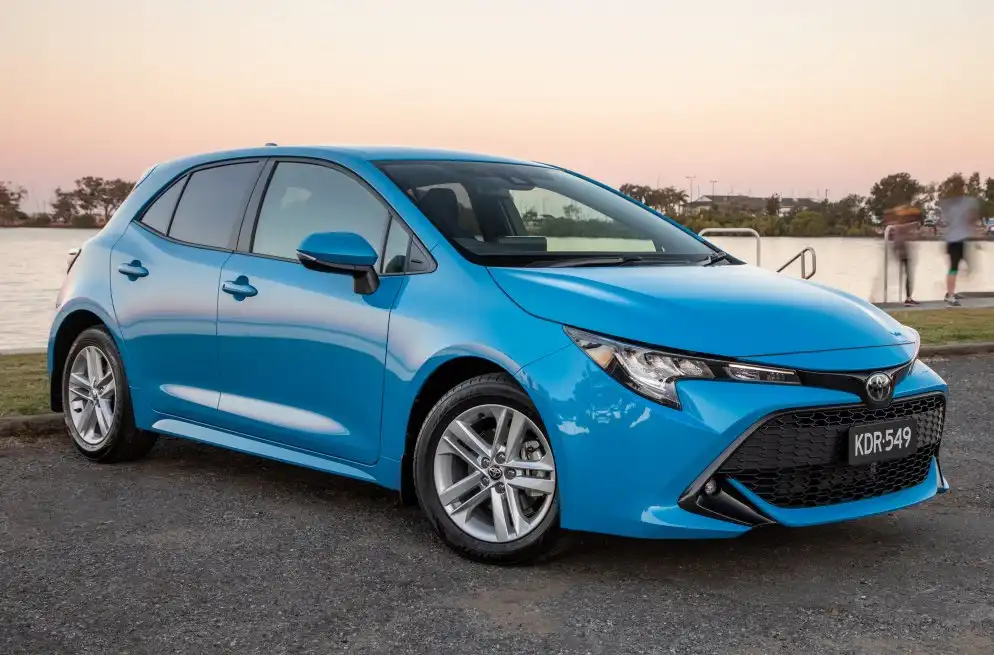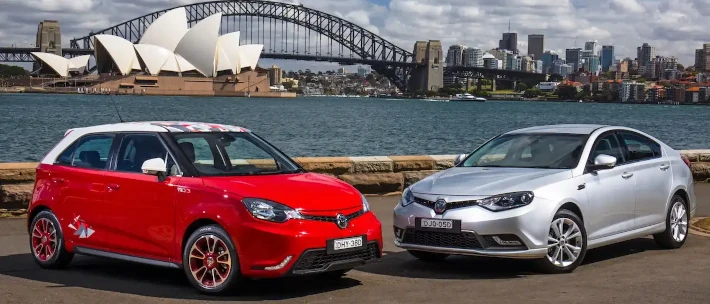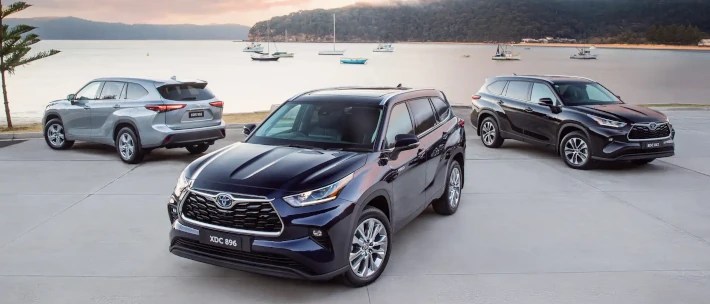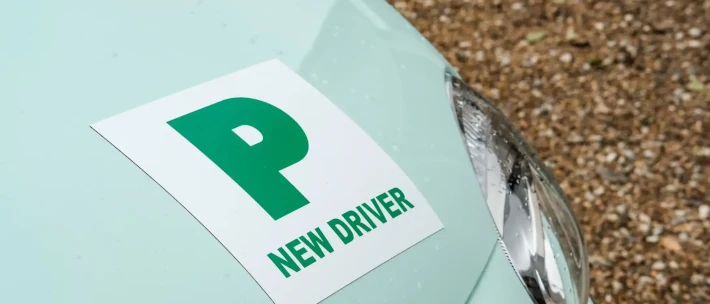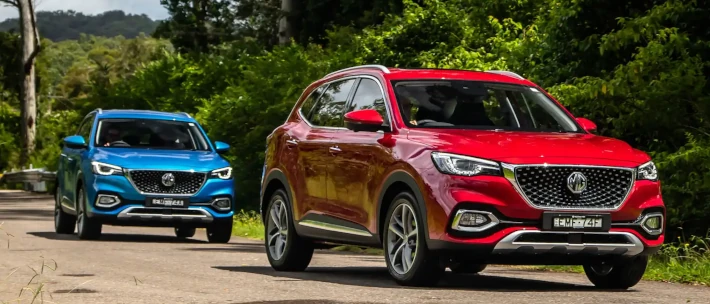While there are a lot of moving parts when it comes to purchasing via vehicle finance, with the right information at hand, getting a car loan for your dream vehicle is very much within reach.
To help you out, we’re going to provide you with a comprehensive guide for buying a car with the help of vehicle finance so you can get the ball rolling and step up to the car of your dreams.
What is a Vehicle Loan?
Put simply, a vehicle loan is a contract between a financial provider, the lender, and you, the vehicle purchaser, otherwise known as the borrower.
A vehicle loan is a legally binding agreement that states the lender will provide the money for the purchase of a new or used vehicle, with repayments made to the lender that pay back the total, as well as an interest rate for the credit provided.
You can think of it as the automotive equivalent of a mortgage - one with a shorter payback arrangement but largely identical obligations for paying back the loan, including any interest and administration fees set by the finance provider.
Get in touch with one of our Car Buying Specialists today.
Request a quoteHow Does Financing a Car Work?
Assuming you’ve done some research on which vehicle you’d like to purchase, the process of financing a vehicle starts with an application for credit on behalf of a financial lender; this can be done directly with a financial organisation or with the help of a broker.
It’s also helpful to try and obtain pre-approval for the purchase of that vehicle, which confirms your eligibility for vehicle finance - though it is not a guarantee until your official application is made.
While submitting your application it’s important to gather relevant documentation like your proof of identification, employment details, proof of income and expenses, proof of any assets and/or liabilities and, of course, information on the vehicle you’re planning on purchasing.
Once your application is submitted, the documentation provided will culminate in what’s known as your borrowing power - just how much a financial provider is happy to provide you with for your vehicle purchase.
The next step in finalising vehicle finance is to provide your lender with documents specifically for the vehicle, including a contract of sale, insurance and registration details.
Once approved, your lender may choose to deposit the loan amount either into your account or to the vendor, in this case, the car dealership directly, meaning you can finalise the sale, start the engine and head home in your brand-new vehicle.
For more information on eligibility for car finance, you can read our guide here, as well as our guide to how much money you might be able to borrow for a car loan here, and for any self-employed Australians looking to get vehicle finance, you can read more on how to get a car loan when you’re self-employed here.
Is Financing a Car Worth It?
Everyone’s financial standing is unique, meaning there’s no single answer to the question of whether or not financing a car is a worthwhile prospect.
Having said that, financing a vehicle can prove a worthwhile decision if you’re in a position with a steady, reliable source of income and you’re opting for a vehicle within a budget that allows you to service your loan agreement.
It’s also essential that you’re able to service not only the loan payments, interest rates and any applicable administration fees while having enough money on the side to maintain the vehicle and keep up with your registration and insurance obligations.
If so, financing the purchase of a new vehicle can be a worthwhile move that allows you to upgrade to your dream car with smaller, manageable payments rather than a lump-sum payment which is inaccessible for the majority of buyers.
Does Financing a Car Hurt Your Credit?
While the process of assessing your application and conducting credit checks can impact your credit score, typically, obtaining and meeting your payment cycle can result in an improvement of your credit score.
Meeting your payment schedule reliably can prove to be one of the best ways to increase your credit standing.
This is because you’re showing to credit providers that you’re able to meet your obligations as a borrower, which makes you a more favourable candidate for future lines of credit and loans.
What can hurt your credit score while financing a car is repeated hard credit enquiries - in short, making repeated applications for credit after being knocked back, not the car loan itself.
Where Can You Get a Car Loan From?
There’s no shortage of lenders here in Australia, with hundreds of financial lenders offering car loans for Australians looking to upgrade.
For the most seamless buying experience, OnlineAuto offers everything from negotiations to vehicle financing and even the delivery of your brand-new car. Simply click here to find out more.
Types of Car Finance
There are many different types of car finance terms and arrangements, each with its own unique considerations you should be aware of before making any major financial conditions.
-
Secured Car Loans are one of the most common finance arrangements, whereby the lender will register your vehicle with the Australian Personal Properties Securities Register (PPSR) as a form of collateral.
-
-
Secured car loans often offer the most compelling borrowing conditions, though it’s worth noting that until your loan is serviced in full, technically, the lender remains the owner of that vehicle.
-
-
Unsecured Car Loans on the other hand allow you to own that vehicle, though this flexibility can come at the expense of higher interest rates and payment terms.
-
Fixed Interest Rate Terms are a straightforward concept, whereby the lender allows you to lock in your future interest rate payments and allows you to budget accordingly; depending on macroeconomic forces, you may be locking in a competitive interest rate or one higher than the current rate.
-
Variable Interest Rate Terms allow interest payments that are in line with current borrowing conditions set by the Reserve Bank’s official interest rate, allowing you to capitalise when borrowing conditions are favourable, though leaving you exposed when market tradewinds change.
-
With Balloon Payment car loans can enable more accessibility for car buyers, allowing them to reduce their monthly repayments by opting for a lump-sum to be paid at the end of the payment schedule.
-
Without Balloon Payment vehicle financing does away with the lump sum payment at the end of the loan agreement, though this is typically accompanied by a more costly payment cycle.
What to Consider Before Applying for Finance
There are several things you can do ahead of applying for vehicle finance to increase both your understanding of your current financial position and the likelihood of being approved for a car loan.
-
Research the car market
-
Consider rivals and lesser variants of your preferred make and model vehicle
-
Check your current credit score
-
Settle any outstanding debts
-
Talk with a financial advisor about improving your credit score further
-
Reduce expenses, luxuries and buy-now, pay later activities
-
Demonstrate your savings history
-
Maintain a steady income
-
Don’t over-extend your loan amount application
What You Need To Apply For Vehicle Finance
-
Proof of personal identity: name, age, date of birth, citizenship, address
-
Proof of income: payslips and employment agreement
-
Expenses: bank statements
-
Proof of assets & liabilities: evidence of outstanding debts, ownership of assets
-
Make, Model and Year of Vehicle
-
Dealer invoice and/or contract of sale
-
Vehicle Identification Number (VIN)
-
Registration and insurance details
Request a Quote
If you’re ready to upgrade to a brand new car, get in touch with one of our car-buying specialists who can help find you the best possible price, assist with finance and take all of the stress out of the process.
Get in touch with one of our Car Buying Specialists today.
Request a quote

